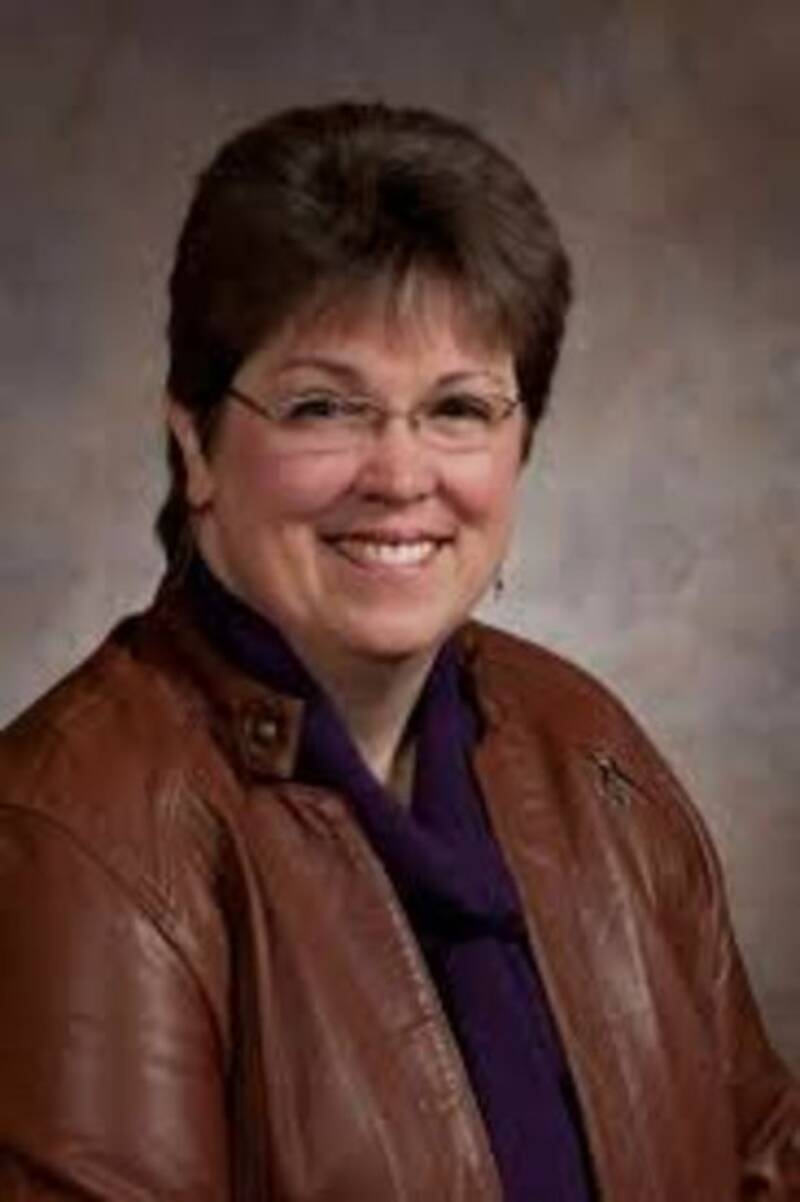A little-told story from the recent election is the change happening across Wisconsin as citizens voted to increase their property taxes to pay for local schools.
According to the Milwaukee Journal Sentinel, 2018 was another record year for school districts to pass referenda. State law imposes caps on school spending, so voters must approve referenda to exceed their spending limits to fund property tax increases for their local schools.
According to the Department of Public Instruction, citizens approved at least $1.3 billion more for schools across Wisconsin in last Tuesday’s election. These decisions by local voters will result in higher property taxes in the coming years.
Why did so many citizens vote to increase their taxes to pay for schools? Programs cut, new fees, fewer opportunities for students and delayed maintenance are all examples of why voters chose to increase property taxes.
Recent numbers from Kids Forward, a nonprofit children’s advocacy organization, explained in stark detail why voters across the state chose to help schools by paying more in the least-favorite type of tax: property tax.
Kids Forward reported between 2012 and 2019, Wisconsin will spend a cumulative $3.5 billion less in state aid to schools than if the state had stayed at the 2011 funding level.
This decline in state spending is the result of a series of decisions over the past eight years, including a dramatic increase in taxpayer subsidies to private schools.
While many schools face less state aid, local costs are going up. Teachers are leaving. Schools have new expenses, like improving student safety and replacing outdated technology. This means budgets today are very different than ten years ago.
Further, changes in student needs are occurring at a rapid pace in our state. Communities have more students in poverty, students with special needs, English-language learners, and students experiencing trauma and suffering from mental illness.
State spending for schools has failed to keep up with increased needs for students facing special challenges. For example, the state funds only 26 cents on the dollar for special education needs. But federal law requires all special education needs be met. As a result, general education money is used for students with special needs. This forces schools to divert money from all students to pay for the increased special education needs.
At a public hearing this past summer for the Blue Ribbon Commission on School Funding, Peter Goff, Professor of Educational Leadership and Policy Analysis at the UW-Madison described the situation. “Huge chunks [of general education money] are getting torn off to pay for these special education mandates – that is the state’s responsibility but [the state] is not paying for it.”
Special education is not the only area of growing need where state spending has failed to keep up.
“In 1990, the reimbursement rate for [English-language learners] was 63%,” said Julie Seefeldt, Director of the English-language Learners Program at Green Bay told the Committee. “The current reimbursement rate…is at approximately 7.9%.”
Historically, Wisconsin had one of the best public education systems in the country. Together, Act 10 and the budget cuts had a devastating effect on the quality of public education in Wisconsin. Teachers left the profession. College enrollment in teacher education programs dropped precipitously. School districts are finding it increasingly more difficult to hire qualified teachers to fill vacancies.
In an attempt to fix the problems they created, the Governor and Republican legislators enacted the lowest teaching standards for any state in the country during the 2015 State Budget.
Voters told leaders they want students to thrive. Citizens are even willing to increase their own property taxes.
Reversing the downward spiral of the last eight years will take a concerted, bipartisan effort, but clearly this is the will of many voters. Citizen’s votes reflect their values: high quality schools in all parts of the state. Voters know the future of our children depends on our actions.


Add new comment